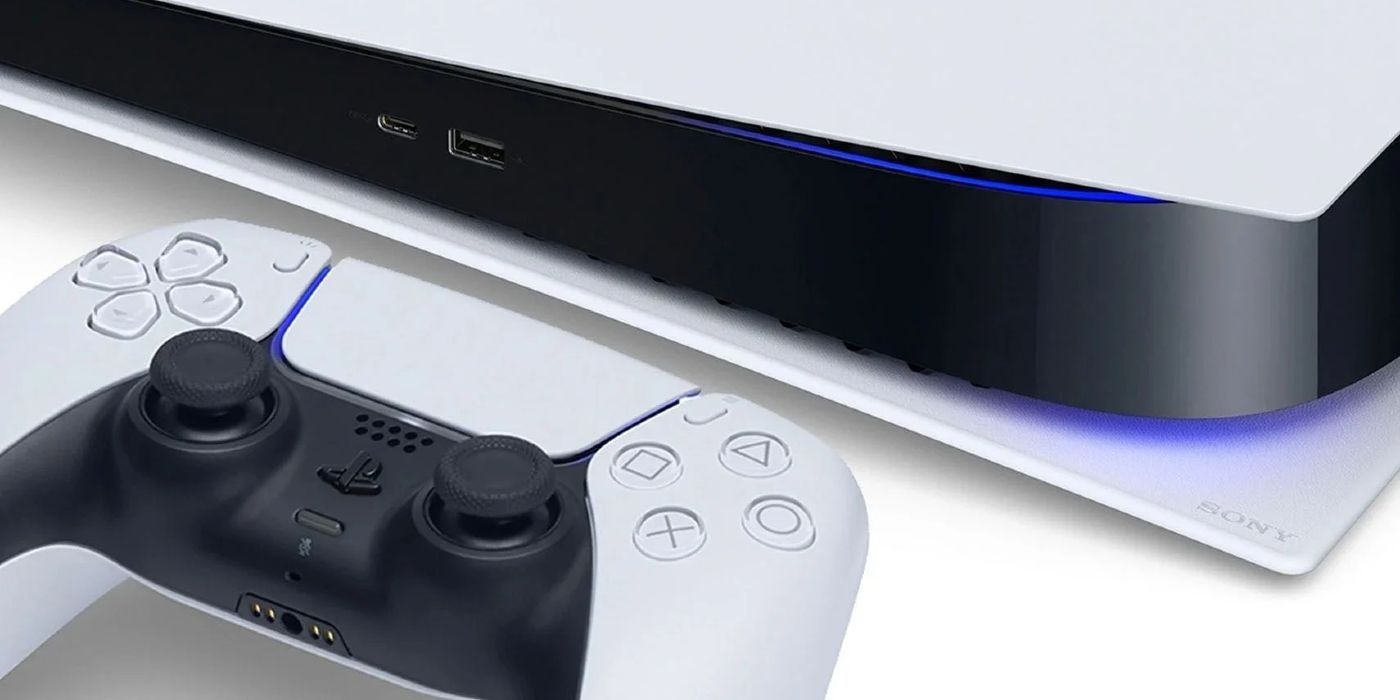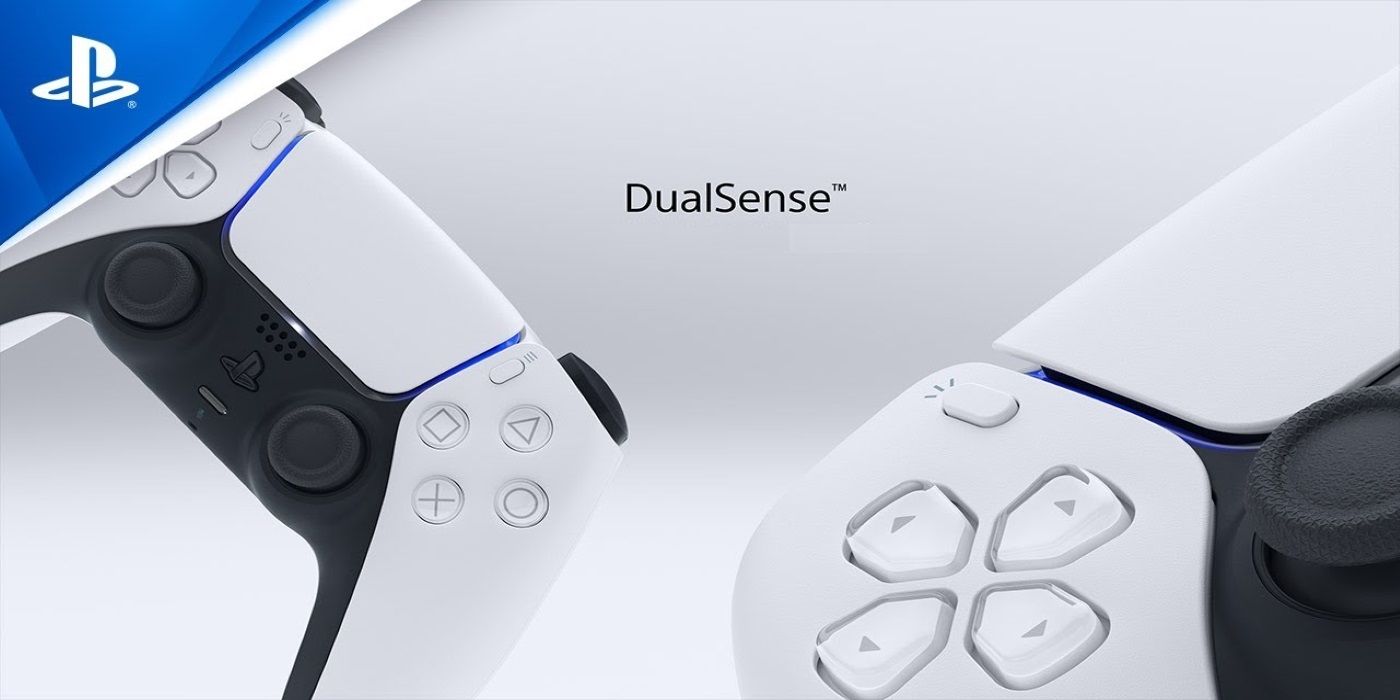
Sony's latest and greatest in console gaming, the PlayStation 5 came swinging out of the gates last year. The Japanese giant has experienced the most successful PlayStation launch in its history, which even aside from the data, seems obvious given the sheer popularity.
However, the debate to prove whether a high-end gaming PC is the way to go or a console has been raging for a long time. Discussing that isn't particularly useful, as each comes with its own set of advantages or disadvantages. That being said, it'd be particularly interesting to see exactly how beefed-up a system needs to keep up its pace with the newly released PlayStation 5.
RELATED: PS5 Scalpers Aren't Happy About Their Bad Reputation
Fans should acknowledge that there is a lot of difference between a regular PC architecture and a console such as the PS5. While the difference is getting blurrier with each generation, there's still a fine line today. PS5's CPU is a custom chip with 8 Zen 2 cores running at 3.5Ghz(variable), all equipped with hyperthreading that totals it up to a logical 16 cores. The GPU is the latest RDNA2 based Navi chip that has 36 Compute Units, all running at 2.23 GHz. Memory gets shared between both the CPU and GPU from a central pool of 16 GB of GDDR6. For the storage, PS5 has an 825GB custom SSD, capable of loading around 2GB of data in a mere 0.27 secs.

A competitive CPU of choice would be the AMD Ryzen 7 3700X, a chip capable of reaching a max speed of 4.4 GHz in all 8 of its Zen 2 cores. For the GPU, the closest that PC builders can come right now to mimic the PS5's GPU is to get the RDNA2 based AMD RX 6800XT, which has the double compute units(72), all running at a base frequency of 2015 MHz and capable of reaching to around 2250 MHz while being equipped with 16GB of GDDR6 memory.
To keep the system balanced, builders will need to put at least 16GB of compatible high-speed DDR4 RAM to run the most demanding games without any stutters at high resolutions. In addition to this, fans will have to purchase a Power Supply such as the Cooler Master 750W 80+ to give this beast the required juice alongside a compatible and moderately feature-rich motherboard with PCIe 4.0 support, such as an Asus TUF Gaming X570-Plus and a PC case of choice.
The storage makes comparing the two machines a whole lot complex. While a gaming PC can be built using an SSD, it would have a hard time keeping up its paces with the consoles. The current-gen consoles, such as the PS5 and the Xbox Series X/S, have a few neat tricks up their sleeves that give them a slight advantage over their PC counterparts. The PS5's SSD is tightly integrated with other components such as its CPU and memory that makes its already high speeds so much more efficient than a somewhat similarly specc'd out PCIe 4.0 SSD, such as a Samsung 980 Pro PCIe 4.0 NVMe drive.
However, that doesn't mean that a PS5 will offer superior performance to the best gaming PCs available, but would have a slight advantage at its side here. The proposed PC has almost double the graphical power, so framerates are bound to be higher, but the GPU alone costs more than a PS5, provided that it is available for purchase. While nothing is definitely better than the other, both come with their own sets of advantages and disadvantages and fans should keep all their requirements and budget in mind before deciding to purchase either of them. A PS5 can cost as much as $500 while the proposed PC build can cost up to, if not more than, $1600.
MORE: PS5 and Xbox Series X Launch Sales Are in Line With PS4 and Xbox One

